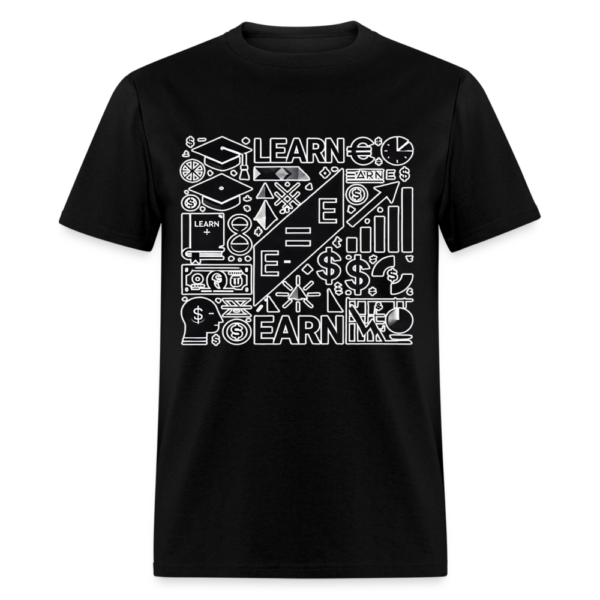Free shipping with a total purchase of $50 and over. Use code: 5050
In our daily conversations, certain phrases are often used without considering their deeper implications or the contexts from which they originated. Expressions like “Let them eat cake,” “Pull yourself up by your bootstraps,” and “Started from scratch” are commonly employed to convey specific ideas. However, when used without awareness, they can come across as tone-deaf, reflecting insensitivity to the experiences and challenges of others. Additionally, there’s a cognitive bias known as the “curse of knowledge,” where individuals assume that others possess the same knowledge they do, leading to misunderstandings and frustrations.
“Let Them Eat Cake”
This phrase is famously attributed to Marie Antoinette, the Queen of France during the French Revolution. When informed that the peasants had no bread to eat, she allegedly responded, “Let them eat cake.” While there’s historical debate about the authenticity of this statement, it has come to symbolize a profound disconnect between the privileged and the underprivileged. Using this phrase today can be perceived as dismissive of genuine hardships, highlighting a lack of empathy towards those facing adversity.
“Pull Yourself Up by Your Bootstraps”
Originating in the 19th century, this expression refers to the impossible task of lifting oneself off the ground by pulling on one’s bootstraps. Over time, it has evolved to encourage self-reliance and personal effort. However, urging someone to “pull themselves up by their bootstraps” can be tone-deaf, especially when directed at individuals facing systemic barriers or challenges beyond their control. It implies that success is solely a matter of personal effort, disregarding external factors that significantly impact one’s opportunities and outcomes.
“Started from Scratch”
This phrase denotes beginning a task or project without any prior advantage or resources. While it celebrates the virtue of building something from nothing, it’s essential to recognize that not everyone’s “scratch” is the same. Some individuals have inherent privileges or support systems that others lack. Claiming to have “started from scratch” without acknowledging these disparities can inadvertently downplay the struggles of those who genuinely begin without any advantages.
The Curse of Knowledge
The “curse of knowledge” is a cognitive bias where individuals, once they have become experts in a particular area, find it challenging to remember what it was like before they had that knowledge. This bias can lead to assumptions that others understand concepts or possess information that they do not. For instance, a skilled programmer might become frustrated when a novice struggles with basic coding concepts, forgetting their own initial learning curve. This disconnect can result in communication breakdowns and a lack of patience or empathy towards those still in the learning process.
Navigating Conversations with Sensitivity
Being aware of the origins and implications of the phrases we use is crucial in fostering empathetic and effective communication. Here are some steps to consider:
- Educate Yourself: Understand the historical and cultural contexts of commonly used expressions. This awareness can help you choose words that are respectful and appropriate.
- Practice Empathy: Recognize that your experiences and knowledge may differ significantly from others. Approach conversations with an open mind and a willingness to understand diverse perspectives.
- Avoid Assumptions: Refrain from assuming that others share your knowledge or experiences. Take the time to explain concepts clearly and check for understanding, especially in teaching or mentoring situations.
- Choose Inclusive Language: Opt for expressions that are considerate and inclusive, avoiding those that may inadvertently marginalize or alienate others.
By being mindful of the language we use and the cognitive biases that influence our interactions, we can create more inclusive and understanding environments. It’s not just about avoiding certain phrases but about cultivating a habit of thoughtful and empathetic communication.
We’d love to hear your thoughts! Have you encountered situations where certain phrases felt tone-deaf or where the curse of knowledge impacted communication? Share your experiences in the comments below, and let’s continue the conversation. Don’t forget to share this post with others who might find it insightful!
Learn Equals Earn Unisex Classic T-Shirt
Learn Equals Earn Unisex Classic T-Shirt. Empower yourself with the Learn Equals Earn Unisex Classic T-Shirt, a statement tee that highlights the value of knowledge and growth. This classic-fit, comfortable shirt is perfect for everyday wear, spreading a positive message for students, professionals, and lifelong learners. Whether you’re in class, at work, or relaxing, let this tee inspire you and those around you!
------------------------------------------------
We use AI GPT Chatbots to help with our content and may get some things wrong.
-------------------------------------------------







